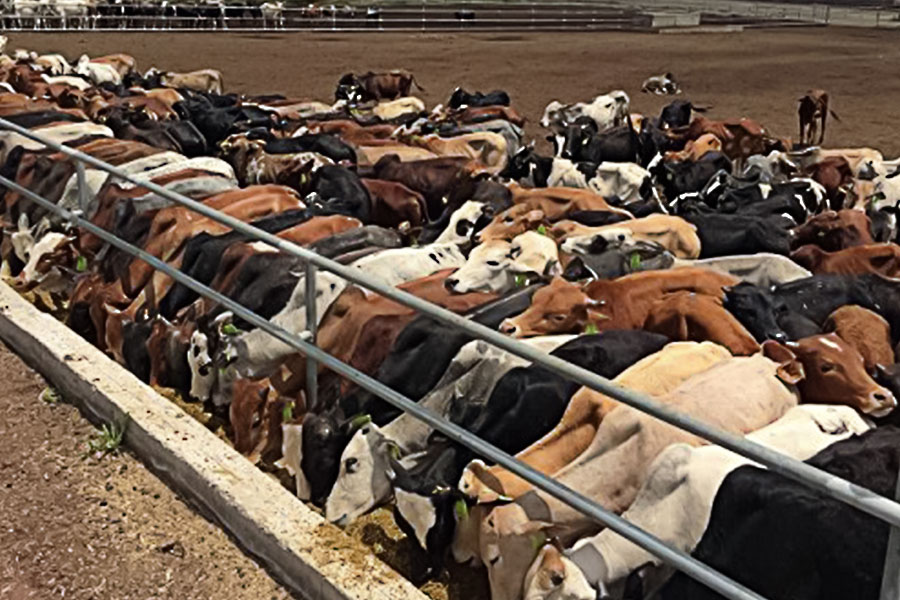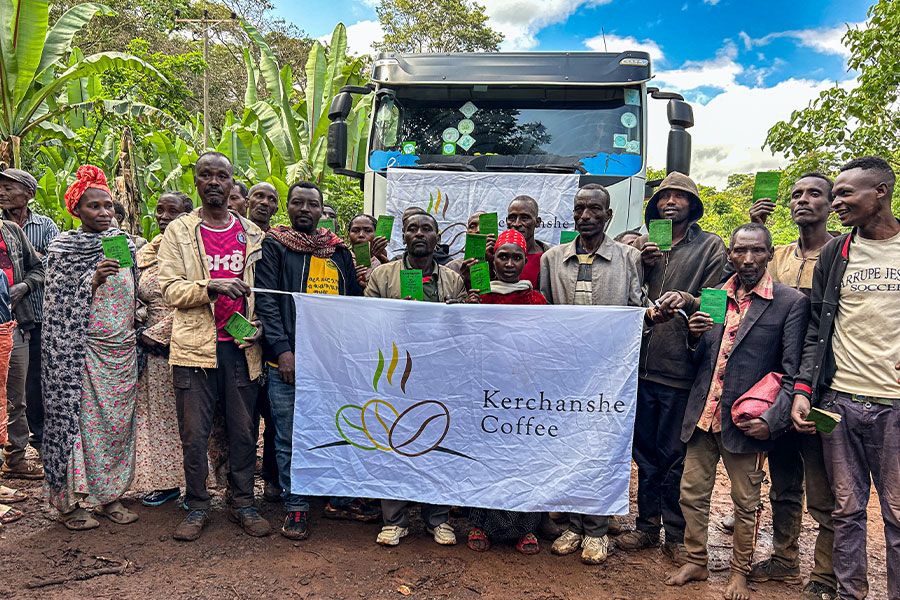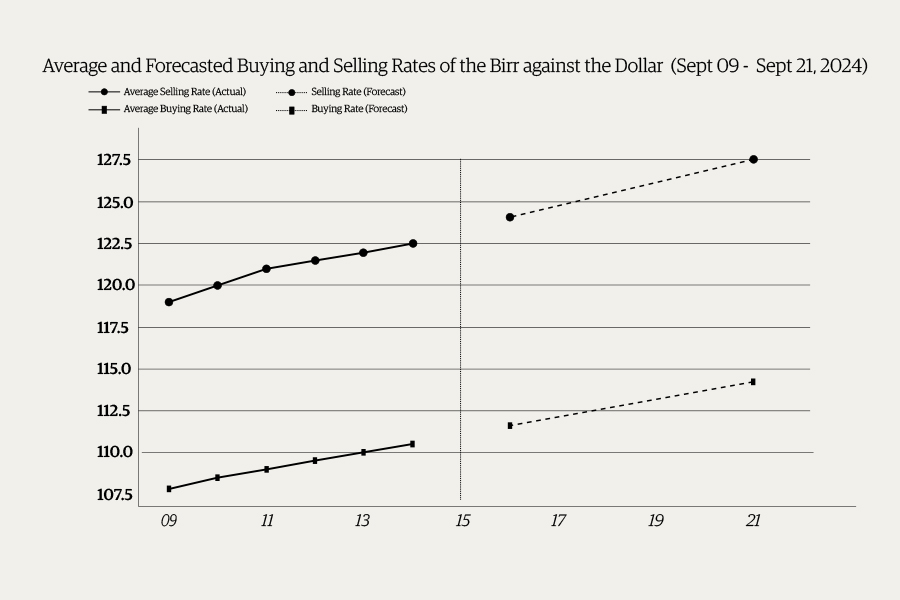
Flower farm trade unions in the Oromia Regional State are contemplating issuing a court order over the long-standing dispute that has evolved for months between the management and the unions.
Battles over the collective agreement have railed distress over flower farm workers' security and well-being, who have voiced concerns over health care benefits, transportation service policies and salary increments to the Sululta Wereda Labour & Social Affairs Bureau to no avail.
This prompted the union to consider taking the case to the Addis Abeba City Government Labour Relation Board to mediate.
The Federation of Farm, Plantation, Fishery & Agro-industry Trade Unions took matters into its own hands two months ago, holding discussions and negotiations between the management and the union. However, the prolonged efforts to mediate the disagreement bore no fruit.
Last month, the Federation sent a final warning letter to the management and the bureau to resolve the dispute through negotiation which has been left unresponded.
"We've been left hanging," said Gebeyehu Adugna, president of the Federation.
Gebyehu said they plan to help negotiate the collective agreement between the management and workers through the board.
Employees in the farms have been subjected to coming to their workplaces and paying for their own transportation or walking the long paved road on foot which left some to fall ill with no medical bill coverage. However, a broker agreement established a year ago between the management and labour union in the flower industry entails medical care and transportation services to be provided by the management.
Derba Flowers, under the management of John Brockhoff, has close to 300 employees under its fleet. It is one of the flower farms whose trade union is contemplating issuing a court order.
The Association's Chairperson, Alemu Kora, said the management had refused to give medical care to employees who have been in labour.
"They said they're running low on budget," he told Fortune.
According to Alemu, most workers at the farm are finding it difficult to make ends meet with their inadequate salaries covering long distances to their workplaces at their own expense with low wages. He said that since most of the workers on the farm are women, security risk entails more prominent.
"Workers have been subdued to imperious and ill-treatments," he said.
The management of Derba does not seem to notice discomfort.
The Assistant Farm Manager, Tigist Ayenachew, disclosed there has not been anything going on.
"There's nothing to be concerned about," she said.
The labour-intensive flower industry is among Ethiopia's most important export industries, employing more than 500,000 workers.
National Health Institute report indicated from a walk-through survey performed on the three flower farms several years ago that flower farm workers have high prevalences of respiratory and dermal symptoms. Limited access to protective equipment and unsafe pesticides subject workers to adverse health effects.
Trade unions in Mullo Farm have also been in dispute with the management over similar impairments with service transportation and medical service provisions included in the collective agreement signed over a year ago.
Several negotiations have been looming between the association of the farm and the management.
"Nothing has improved," said Ashenafi Kora, the Mullo Farm Workers' Association chairperson.
According to him, workers have been covering long walks to the farm and getting sick amid work as they cannot afford to take transportation and medical services with their low wages.
The farm has 620 employees, of whom 80pc are women, who have been struggling to make ends meet making a monthly salary of an average of 3,000 Br. Last year, the management has made a 22.5pc salary increment after prolonged negotiations with the union association and the federation.
Derba Flowers and Mullo Farm are located next to Derba town 70km northwest of the capital with 40hct used for floriculture. Both flower farms are involved in producing Hypericum Coco- and Veronica Pico flowers exported to Europe, Asia, and North America.
Tekalign Ayalew (PhD), head of the labour regulation and welfare services at the Ministry of Labour & Skills, said they have not received any letter concerning the flower farms. He said that regional problems are addressed by the Labour & Social Affairs Bureau.
When the concerns prevail, the Ministry will comprise an inspection team to evaluate the concerns first-hand through negotiation. However, he disclosed the management will be questioned if they persist in not following the collective agreement rules.
"The Ministry hands assistance during court procedures," Tekalign told Fortune.
USAID report indicates that workers in the flower industry are paid "shockingly" low wages citing the government’s policy to attract foreign investors by pointing at cheap labour as one factor.
Ethiopian Investment Commission has given licences to 103 investors in flower farming, of which 98 are known to be foreign.
The country has exported about close to 60 million flower stems and generated 301 million dollars in the first six months of the fiscal year, showing a 22pc increase compared to the previous year.
Tilahun Girma, researcher and consultant at Abameda Consulting Plc, observes the benefits of providing transportation services should be granted according to the employer's will if it wishes to increase the productivity of its workers.
According to Tilahun, labour exploitation of workers in the flower industry can only be seen through the lens of minimum wage, and since there is no minimum wage, It will be difficult to tell if workers are taken advantage of. However, he argues stated mentioning the labour law that employers must provide medical care if employees have been injured during labour hours.
"It's a violation of labour law," he said.
PUBLISHED ON
Apr 22,2023 [ VOL
24 , NO
1199]

Radar | Nov 16,2024

Fortune News | Oct 07,2023

Fortune News | Feb 25,2023

Fortune News | Sep 24,2022

Agenda | May 29,2021

Advertorials | May 30,2025

Money Market Watch | Sep 14,2024

Fortune News | Aug 04,2024

Fortune News | Nov 27,2022

Fortune News | Jun 21,2025

Dec 22 , 2024 . By TIZITA SHEWAFERAW
Charged with transforming colossal state-owned enterprises into modern and competitiv...

Aug 18 , 2024 . By AKSAH ITALO
Although predictable Yonas Zerihun's job in the ride-hailing service is not immune to...

Jul 28 , 2024 . By TIZITA SHEWAFERAW
Unhabitual, perhaps too many, Samuel Gebreyohannes, 38, used to occasionally enjoy a couple of beers at breakfast. However, he recently swit...

Jul 13 , 2024 . By AKSAH ITALO
Investors who rely on tractors, trucks, and field vehicles for commuting, transporting commodities, and f...

Jul 12 , 2025
Political leaders and their policy advisors often promise great leaps forward, yet th...

Jul 5 , 2025
Six years ago, Ethiopia was the darling of international liberal commentators. A year...

Jun 28 , 2025
Meseret Damtie, the assertive auditor general, has never been shy about naming names...

Jun 21 , 2025
A well-worn adage says, “Budget is not destiny, but it is direction.” Examining t...